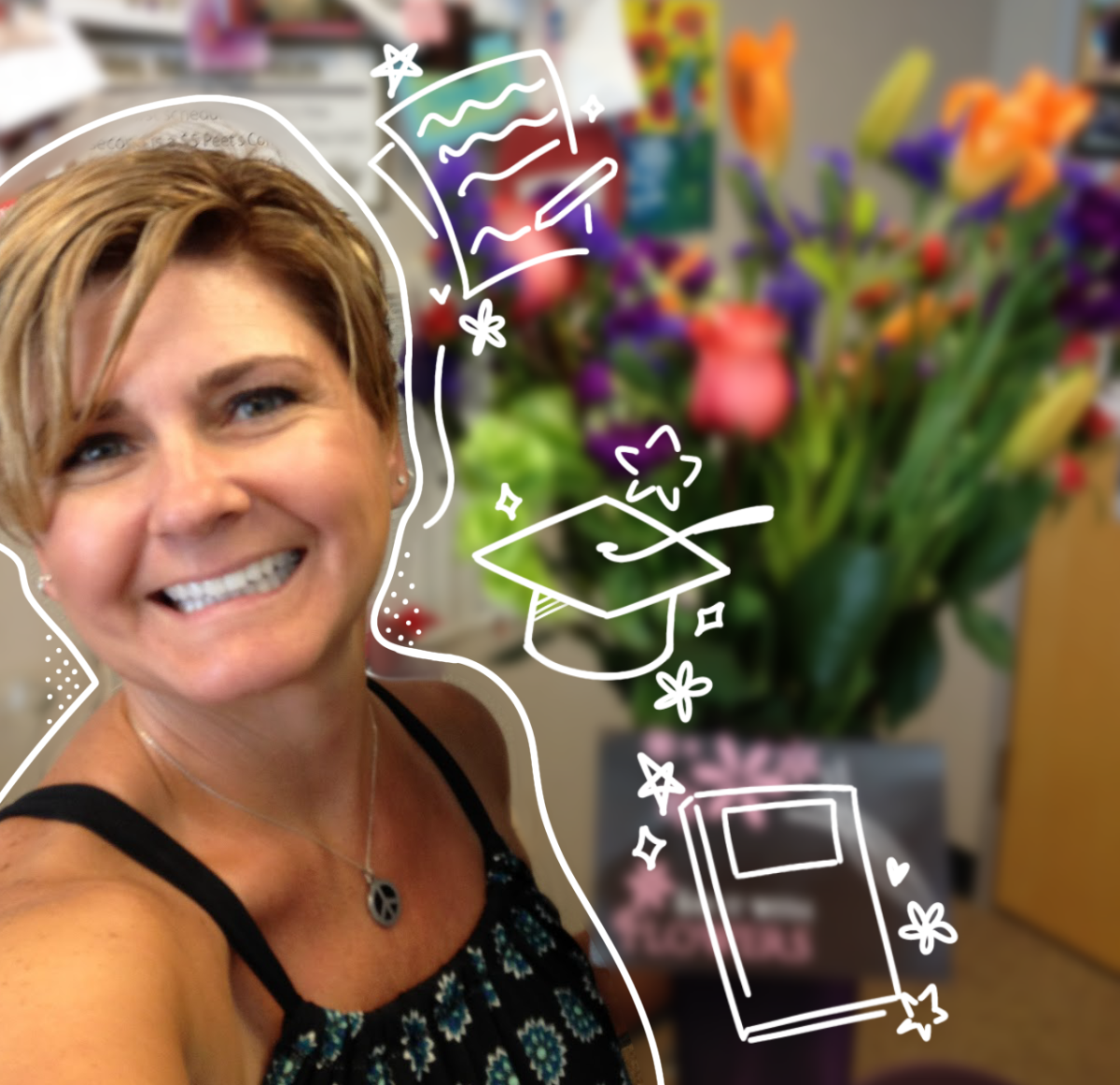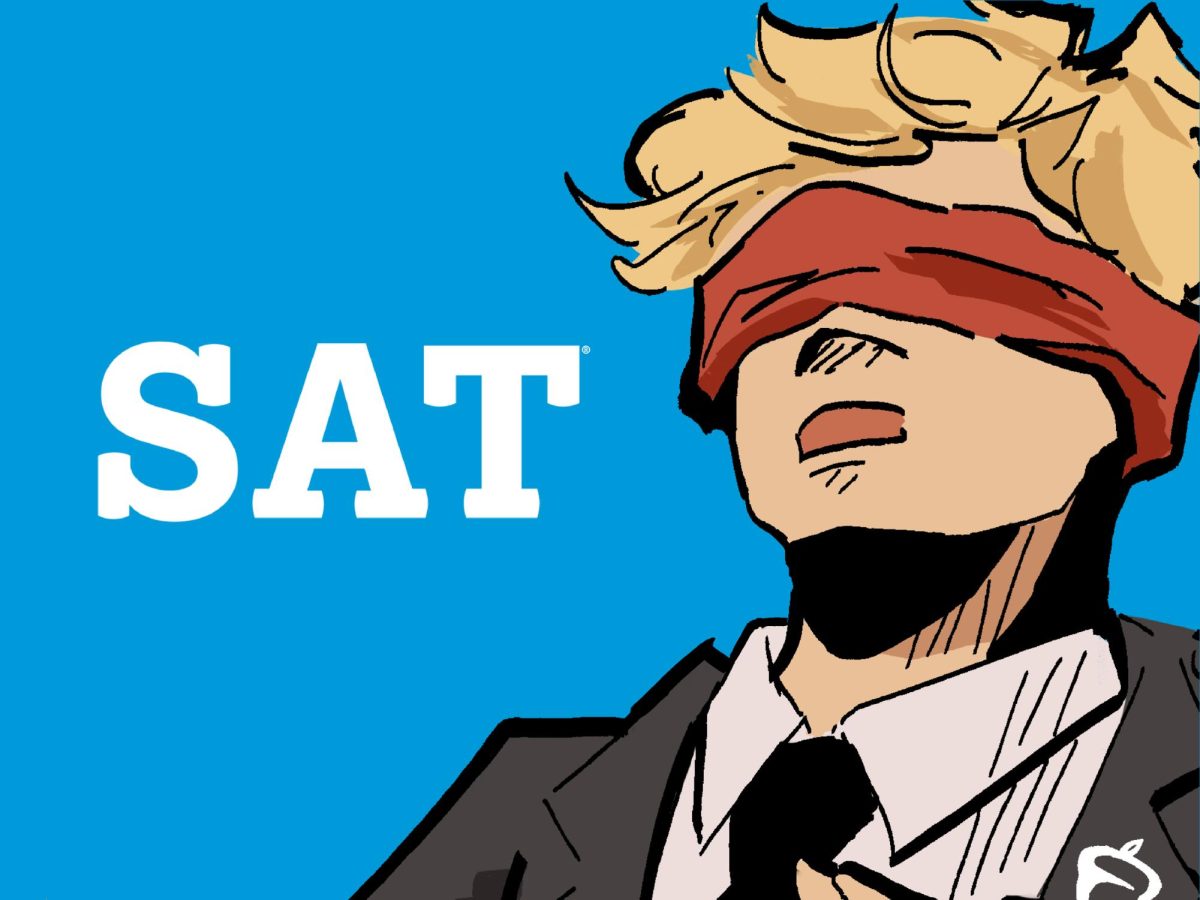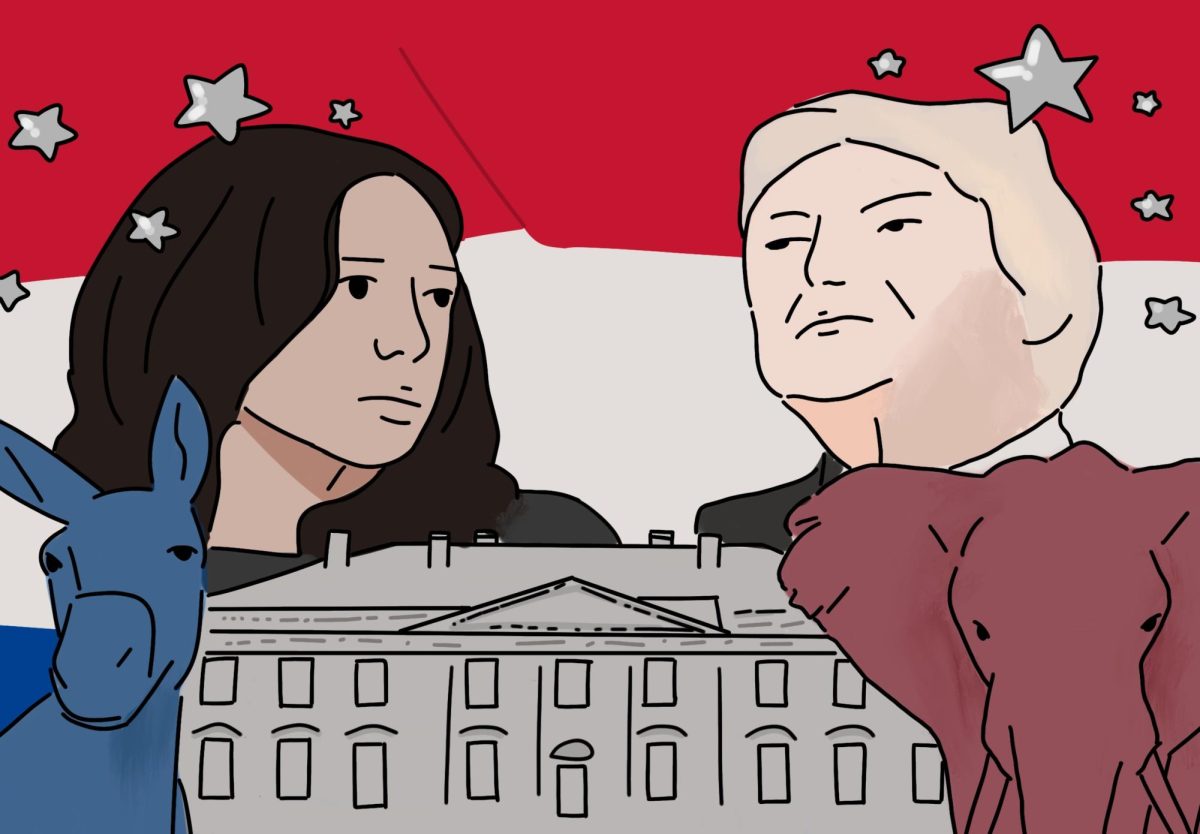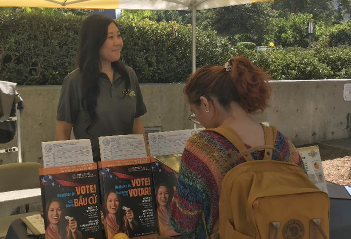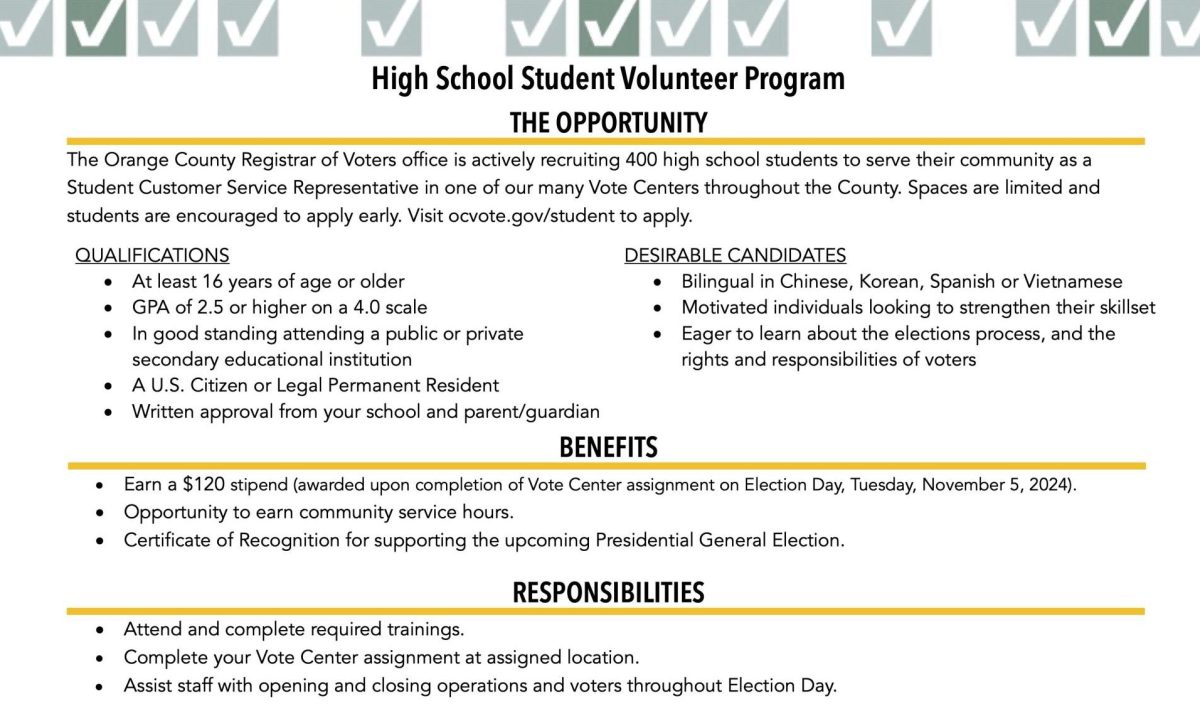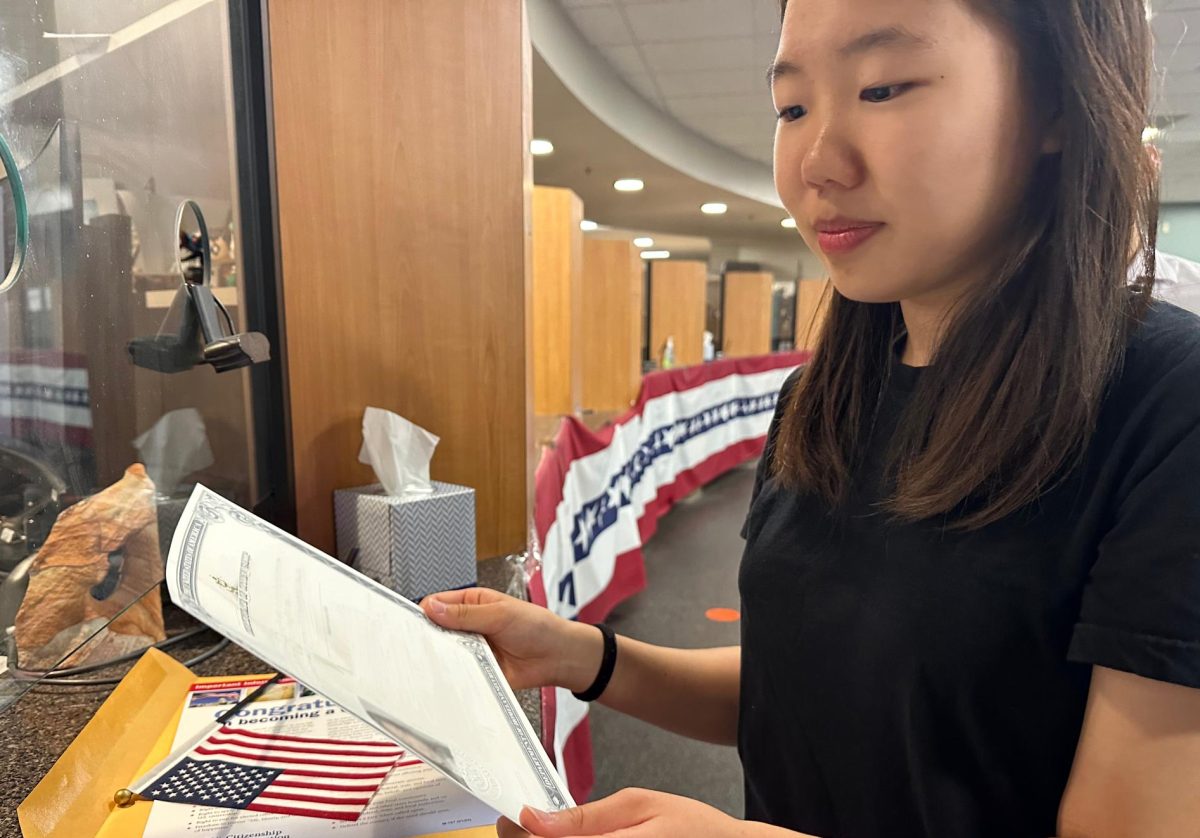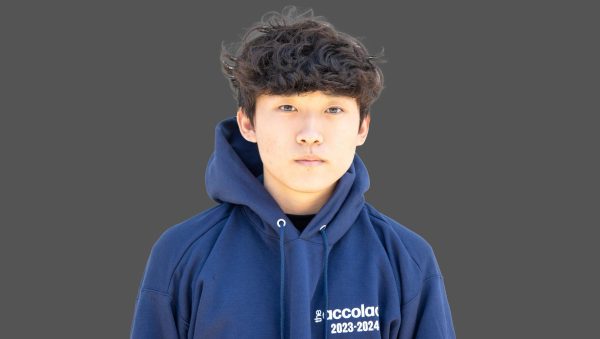Independent educational consultant and private college counselor Alisa Berner, who also works at Rancho Bueno Vista High School, helps students find the best academic, social and financial fit for their college journey.
Berner is also a part of College Pathways Partners as a college planning consultant and shares her insights and advice on college admissions essays with the current affirmative action ruling in the Q&A with Accolade staff reporter Justin Park.
Question: What does your role as a college counselor entail?
Answer: I help students select the best colleges that fit them academically, socially and financially and work with them on their activities list, University of California [UC] Personal Insight Questions, Common Application personal statement and various supplemental essays. In addition, I assist them in completing their college and financial aid applications. Often, students and families just need expert advice and someone they can call on with questions as they arise to help manage this stressful time. Ultimately, the student, family and I work together to make the final decision on where the student will attend.
Q: How can students incorporate personal experiences reflecting the affirmative action decision into their college admissions essay?
A: Students do not need to shy away from race in their essays because, in some way, it has shaped who they are. Here are some tips:
- Avoid directly discussing specific policies or court cases. Focus instead on your personal growth and what you learned from your experiences.
- You can reference participating in diversity-related activities like multicultural clubs, events that celebrate underrepresented groups, advocacy programs, etc. Discuss how these shaped your perspective.
- If you faced educational barriers or lack of access because of your background, you can highlight how you persevered through resilience, hard work and support systems. Keep the focus on your qualities versus the obstacles.
- Share experiences of feeling stereotyped or misperceived based on generalizations about your racial, ethnic or gender identity. Emphasize how this motivated you to help others.
The key is relating your background to positive qualities like resilience, leadership, empathy and commitment to social justice. Keep the tone positive and forward-focused.
Q: With the affirmative action ban, how did you help students to point out their personal insights? Were there any changes based on the situations with policies?
A: The UC [system] ended race-conscious admissions in 1997, over 25 years ago, and they moved to a “comprehensive review” approach that looks at a broad array of factors like academic achievement, extracurricular activities, socioeconomic background and personal challenges overcome. This provides more context about applicants. In addition to the UCs, many selective schools like Ivy League institutions and liberal arts colleges use a holistic admissions process. Larger public universities, less competitive colleges and others focus mainly on academic factors like GPA, course rigor and standardized test scores when applicable. Therefore, my practice didn’t shift because it is important to relate how your race has shaped your character.
Q: How are you advising students?
A: Diversity is a core value for many colleges and universities, as reflected in their mission statements. In light of the recent Supreme Court decision, numerous institutions have reaffirmed their dedication to fostering diverse, inclusive campuses. I will continue to advise students to use their authentic voices to shine and share themselves with the colleges and universities they are applying to.
Q: Do you have any advice for high school students writing college applications now or in the future?
A: Yes, students need to approach the application not as a form or punch list to get through but as the opportunity to tell their own unique story. This is done in both the activities section and through the writing prompts. Colleges and universities say, over and over again, they want the student’s authentic selves to come off the paper and speak to what makes them unique, what they will be bringing to the campus with them and what they will contribute to the student body. Take this opportunity to self-reflect and share your uniqueness.



